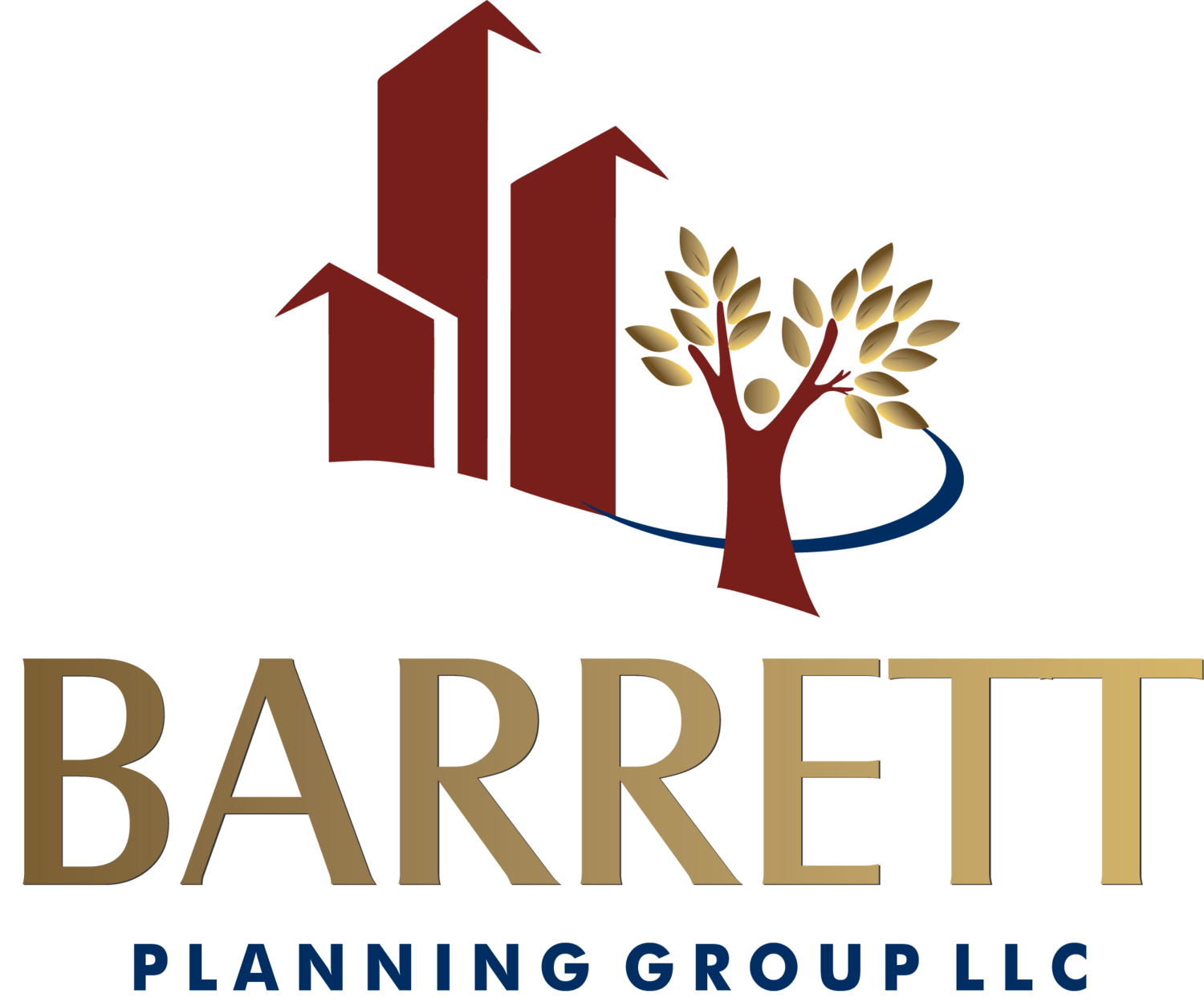Local Preference in Affordable Housing :: Newton, MA
Analysis of Data from Recent Rental Developments
Client: City of Newton, MA
Team: Judi Barrett, Principal; Catherine Dennison, Community Planning Associate
The City of Newton’s housing market is exceptionally strong, with home prices and rents that rank among the highest in the entire Boston Metro region. As a result, the supply of affordable housing cannot keep pace with the community’s housing needs. Like most cities and towns in Massachusetts, Newton has traditionally made affordable units available through a lottery process that gives an advantage in the selection process to local applicants. The City has followed this process for affordable units created under Chapter 40B, the comprehensive permit law, and under Newton’s own inclusionary zoning ordinance.
The lotteries in Newton adhere to policies set by the Massachusetts Department of Housing and Community Development (DHCD), which allows cities and towns to designate up to 70 percent of new affordable units for “local preference” applicants – people who live or work in the community or have children in the local public schools. To minimize the potential for housing discrimination, DHCD requires communities to conduct a “balancing” process if the percentage of minority applicants eligible for local preference falls short of the minority percentage region wide. In such cases, minorities from outside the community become eligible for inclusion in the local preference group through a special pre-lottery process. Newton’s current Inclusionary Zoning (IZ) ordinance codifies this 70 percent set-aside for applicants who live, work, or have children in school in Newton.
Concerned that local preference may be reducing access to affordable housing for minorities in the Greater Boston area, the City hired Barrett Planning Group LLC to analyze tenant-selection data from a selection of recent rental housing developments -- Trio/Washington Place, Austin Street, and Hancock Estates – in order to evaluate the effects of the “local preference” policy on the racial/ethnic composition of tenants in Newton’s affordable housing.
We found that:
The population that benefits the most from Newton's local preference policy is White, non-Hispanic local households;
Selection rates were higher for White applicants in each of the three researched developments than for minority applicants overall; and
When divided into local preference and non-local preference households, selection rates among local preference households favored White applicants over minority applicants; and among non-local preference households, selection rates were higher for minority applicants (specifically highest for Asian households in each case).
The effect of local preference on households requiring accessible units is unclear. What is clear, however, is that in many cases, accessible apartments are being leased to households that do not need barrier-free units. This may be because the rents for the affordable apartments exceed what people with disabilities can afford to pay.
We presented our analysis to Newton’s Housing Partnership, Fair Housing Committee, and Zoning and Planning Committee, outlining potential policy options for the City and the implications of each option.
Barrett Planning Group LLC provides high-quality, customized planning and community development services for cities and towns and non-profit organizations throughout greater Massachusetts and New England. Barrett Planning Group is known for our creative approach to planning and problem-solving, our expertise as trainers and technical assistance providers, our attentiveness to clients, and our expertise in capacity building. Our offices are located in Hingham, MA. Contact us to work together.


